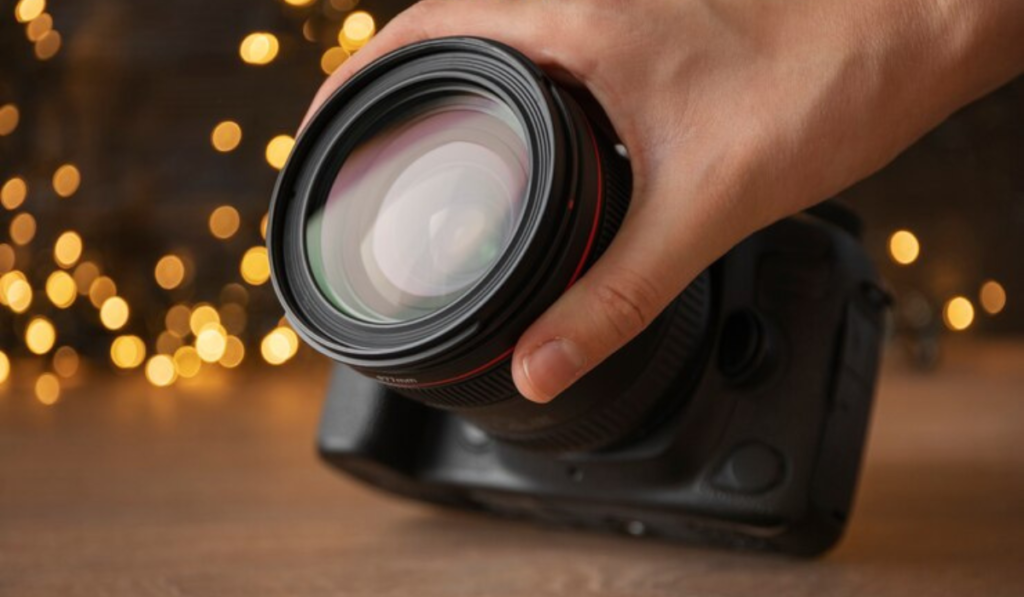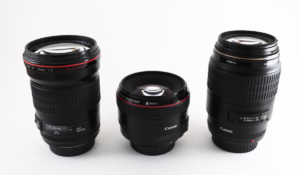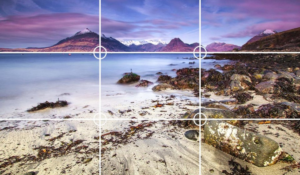What Camera Lens Should I Buy? A Comprehensive Guide

The quality and versatility your photography can be greatly improved by choosing the right lens. Understanding the factors that go into lens selection are crucial for anyone, whether you’re an amateur photographer just starting out or a seasoned enthusiast who wants to expand their lens collection. This comprehensive guide will help you make an informed choice about the camera lens that’s right for you.
Lens Basics
Understanding the basic principles of lenses is essential before diving into more advanced features and types. Lenses direct light onto the sensor or film of the camera, forming the image that you capture. The two main characteristics of lenses are:
- Focal length: This is what determines the zoom level of your image. Longer focal lengths are used to magnify distant objects, while shorter focal lengths can capture wider shots.
- Aperture controls how much light enters the lens. It also affects the depth of field. Apertures with lower f-stops allow for more light, and a shallower depth-of-field. This is ideal for portraits or low-light situations.
Camera Compatibility
It’s important to know if your camera is interchangeable before you start looking at lenses. DSLRs and Mirrorless cameras allow you to change lenses. Entry-level cameras usually have built-in lens, while DSLRs are more flexible. Make sure the lens mount on your camera is compatible with the lenses that you are considering.
Focal Length
The focal length of the lens is one of the most important factors in choosing a lens. It determines your image’s angle of view, as well as its magnification. This is a quick overview.
- Wide Angle: Perfect for capturing landscapes and architecture, as well as expansive views.
- Normal: Ideal for a wide range of photography, with a perspective that is similar to that of the human eye.
- Telephoto: This lens brings distant subjects close, which is perfect for portraits, wildlife photography, sports photography and other types of photography.
Prime vs. Zoom Lenses

A prime or zoom lens is another consideration.
- Prime Lenses have a fixed focal-length and offer a wider maximum aperture. These lenses are known for their sharpness, and are perfect for low-light situations and creating artistic effects.
- Zoom Lenses offer versatility because they cover a wide range of focal lengths. They may sacrifice a little image quality when compared with primes, but they offer convenience and flexibility.
Sensor Crop
The apparent focal length is affected by the sensor size. Crop sensors on cameras have a smaller field of view and alter the apparent focal distance of a lens. When choosing lenses for your camera, be aware of this.
Aperture Variable
Some zoom lenses have variable apertures. This means that the maximum aperture changes as you zoom. Consider this when selecting zoom lenses.
Other Lens Features
Consider features other than focal length and aperture. These include autofocus/manual focusing capabilities, image stabilization capabilities, minimum focusing distances, lens diameter and weight, as well as special features such a macro or tilt-shift capability.
Selecting the Right Lens
Consider your needs and preferences when choosing a lens. Different genres require specific lenses. Landscapes, for example, benefit from wide-angle lens, while portraits are enhanced by fast prime lenses. Decide on your main interests and select lenses accordingly.
Budget and Quality
Budget and desired lens quality should be balanced. Third-party lenses can perform as well as name-brand options at a much lower price. You can save money by buying used lenses, but you should be aware of the risks.
Lens Rental
Renting lenses is a great way to try them before you buy. You can test compatibility and performance before making a permanent purchase.
Creative Exploration
Do not limit yourself to the traditional use of lenses. Try out new lenses to develop your own style and push the boundaries of creativity. Exploring different lenses is a great way to find new perspectives.
Research and comparison
Compare lenses according to your photography goals. Make an informed choice by reading reviews, seeking recommendations and looking at sample images.
Long-Term Investment
A lens is an investment that will last a lifetime. Select a lens that meets your current and future needs. A lens that is well chosen can last years and improve your photography over time.
Continuous Learning
Keep an open mind and be curious about new techniques and lenses. As photography is a constantly evolving art, you will improve your skills by embracing new knowledge and tools.
You can confidently navigate the vast array of camera lenses by considering these key points. This will allow you to capture images that reflect your artistic vision. The right lens is crucial to bringing your vision into reality, whether you are capturing landscapes or portraits.



